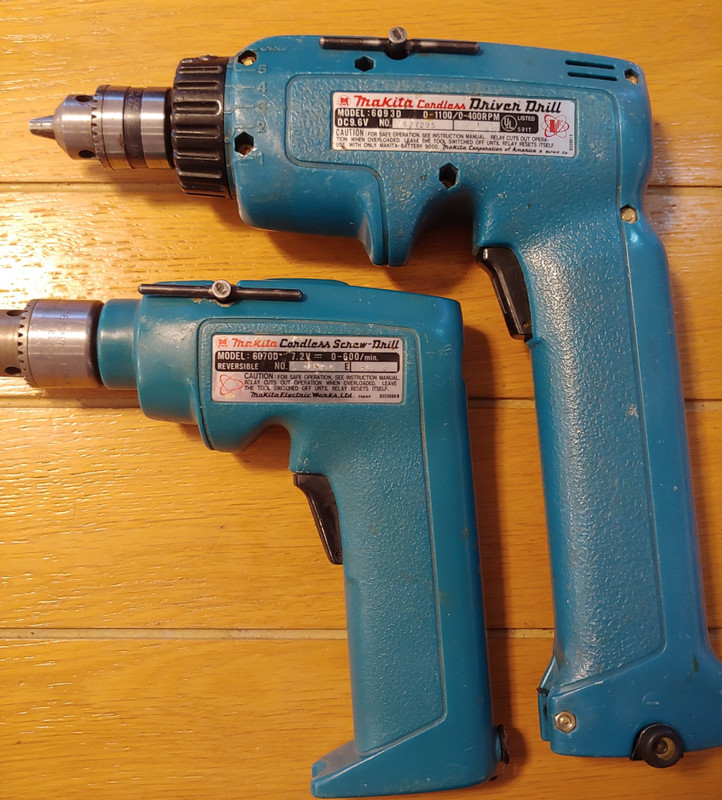Do you guys grease your cordless tool battery terminals after a few years?
Just bought a new toy (Cordless circular saw) and the battery terminals or the metallic bars on the saw which glide into the battery had some (I assume dielectric) grease on them.
I have 4 other cordless tools from Makita and don't recall seeing any grease on the tool battery terminals.
Maybe it's due to the environment the saw operates in with the dust and everything ... then again you would think grease attracts sawdust!
Anyway, do you guys grease or not?Made me wonder if I should start doing it. I only grease my trailer & car towing adapter pins with dielectric grease.
Just bought a new toy (Cordless circular saw) and the battery terminals or the metallic bars on the saw which glide into the battery had some (I assume dielectric) grease on them.
I have 4 other cordless tools from Makita and don't recall seeing any grease on the tool battery terminals.
Maybe it's due to the environment the saw operates in with the dust and everything ... then again you would think grease attracts sawdust!
Anyway, do you guys grease or not?Made me wonder if I should start doing it. I only grease my trailer & car towing adapter pins with dielectric grease.

